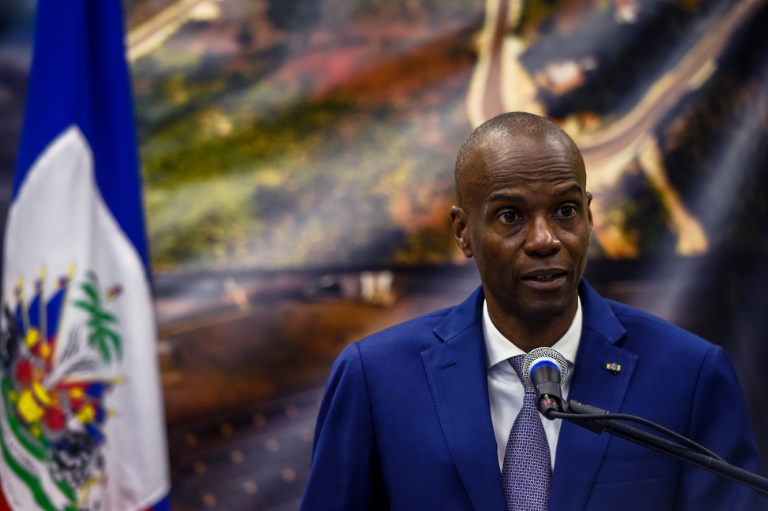(Reuters) – A group of leading Haiti-based diplomats met with Prime Minister Ariel Henry and said it backed his efforts to solve the country’s political crisis, an apparent vote of confidence as he faces off accusations of links to the slaying of President Jovenel Moise.
A public prosecutor said yesterday phonecall records showed Henry had spoken twice with the suspected mastermind behind Moise’s killing just hours after it took place on July 7.
Henry, who denies he had anything to do with the murder, this week fired the prosecutor, who had sought to have him charged as a suspect, as well as the justice minister. Henry, a former neurosurgeon and political moderate, has not publicly addressed the phonecalls. He has dismissed the accusations as politically motivated.
The Core Group of Western ambassadors and representatives from the United Nations and Organization of American States said in a statement late on Wednesday it encouraged efforts by Henry and others to form “an inclusive government and accelerate the return to normal functioning of democratic institutions through elections.”
Power struggles under Moise had led to a political and constitutional crisis, with only a handful of elected officials in post after the country failed to hold parliamentary or municipal elections.
At the weekend, Henry announced an agreement between Haiti’s main political forces on a transition government, aiming to lead next year to elections and a referendum on a new constitution.
But the questions over his links to the suspect in Moise’s assassination have overshadowed that news.
The Core Group reiterated its call for “light to be shed” on the killing. Similar calls, however, for justice to be done over massacres in Port-au-Prince in recent years have not resulted in any arrests or convictions, with rights activists calling the justice system broken.
Several judicial officials working on the investigation into Moise’s slaying went into hiding after saying they received death threats, while the original judge assigned to the case recused himself.

